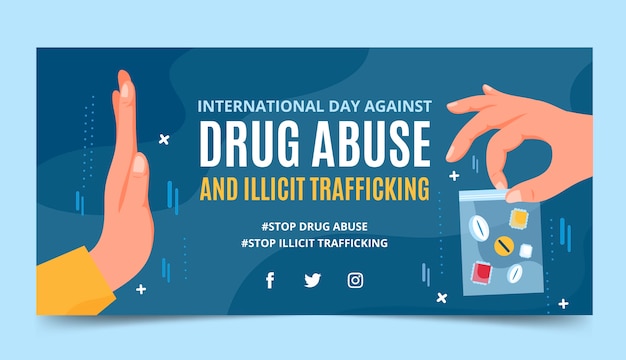
Taking a medication that isn’t for you, or misusing your own prescription, is known as prescription drug abuse. This covers everything from stimulants to sleeping aids to anxiety meds to opioid pain relievers. Abusing such substances can hurt your health, even leading to overdoses or death. If you or someone you love is grappling with this issue, it’s important to get professional help right away.
Here are 5 helpful tips to avoid addiction:
1) Be Aware of Peer Pressure:
Peer pressure often leads people to try drugs. Initially, they may intend to use it just for fun or social reasons, but slowly the use can increase, leading to addiction. If you have friends who often encourage you to use drugs, it may be a good idea to distance yourself. True friends won’t pressure you into something harmful. Try to mingle with a group that indulges in healthier activities.
2) Reflect on Your Substance Use:
Think about what matters to you, how using drugs is harming you, and how getting sober can improve your life. Keeping a daily journal is a good way to reflect. It helps to identify patterns, triggers, and motivators, and can assist in forming a strategy for overcoming addiction.
3) Find Positive Stress Relievers:
Everyone has tough times. During such times, it may feel tempting to turn to drugs, but there are healthier ways to handle stress. Try doing something you love, like listening to music, exercising, reading, or spending time with loved ones. Make a list of these activities to refer to when you’re feeling down.
4) Use Prescription Medications Responsibly:
Some prescription drugs can be highly addictive. If you have a tendency towards addiction, be especially careful with opioids and other highly addictive meds. It’s important to always follow your doctor’s instructions when taking any medication, prescription or over-the-counter. If you find it difficult to stick to your prescription yourself, consider asking a trusted person to help you with it.
5) Have a Conversation with Your Doctor:
Let your doctor know your medical history, including any past or potential issues with addiction. This can help your doctor prescribe the right medication for you, keeping in mind its addictive potential. Always ask about potential side effects before you start a new medication.
Remember, even if you or a loved one is struggling with addiction, it’s not too late. The first step is asking for help. These tips can help you stay on track after getting treatment and avoid future relapses. It’s all part of the path towards a better, healthier life.


